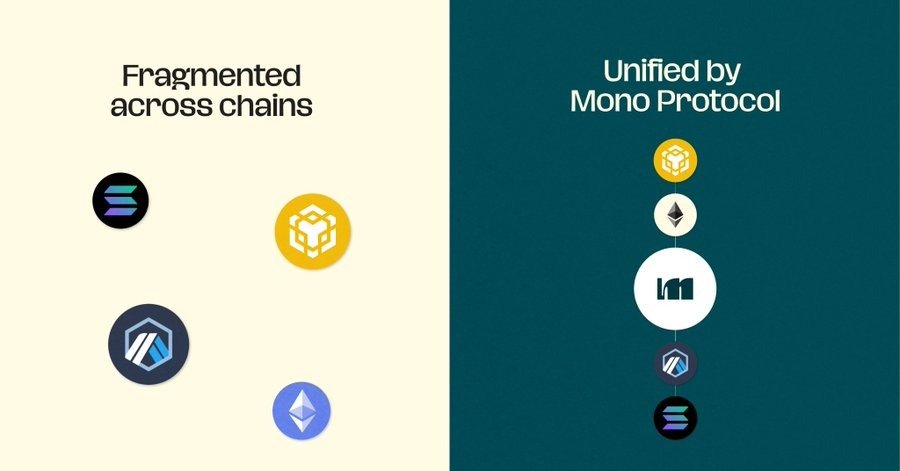US Department of Homeland Security returns stolen funds to Bitfinex


- Bitfinex lost 119,756 bitcoins in a hack in August 2016.
- The hackers embarked on a plan to move the stolen tokens multiple times as they tried to launder them.
- In 2022, the US Department of Homeland Security arrested two people suspected of hacking Bitfinex.
Cryptocurrency exchange Bitfinex has revealed that the US Department of Homeland Security has returned part of the funds stolen from the exchange after a hack that took place in August 2016. The US Department of Homeland Security intercepted the funds after arresting two people suspected of the hacking.
The funds returned by the US Department of Homeland Security included $312,219.71 in cash and 6.917 Bitcoin Cash (BCH).
The Bitfinex 2016 hack
The hack was at the time one of the biggest in the cryptocurrency industry. A security flaw caused the exchange to lose almost 119,756 Bitcoin (BTC), at the time worth $71.8 million. At today’s market price, the stolen BTC is worth more than 3 billion.
The Bitfinex hackers then started moving the stolen cryptocurrencies in an attempt to launder them.
However, two culprits identified as a married couple were arrested by the US authorities in February 2022 and charged with conspiracy to commit money laundering. The arrest resulted in the recovery of stolen cryptocurrencies worth $3.6 billion, making the US government have the wealthiest BTC wallet.
Distribution of the recovered funds
Acknowledging the recovery of part of the stolen funds, Bitfinex’s Chief of Technology Officer Paolo Ardoino said they:
“Look forward to recovering as much of the stolen bitcoin as we possibly can and redistributing that to holders of the tokens that were issued in response to the hack in 2016.”
The victims of the Bitfinex hack had received Recovery Right Tokens (RTTs) that act as an IOU. The RTTs could be exchanged for cash or iFinex capital stock in future. There were a total of 30 million RRTs in circulation, and the crypto exchange has said that the funds it has recovered so far are not enough to meet all the redemptions.
Be the first to write a comment.



